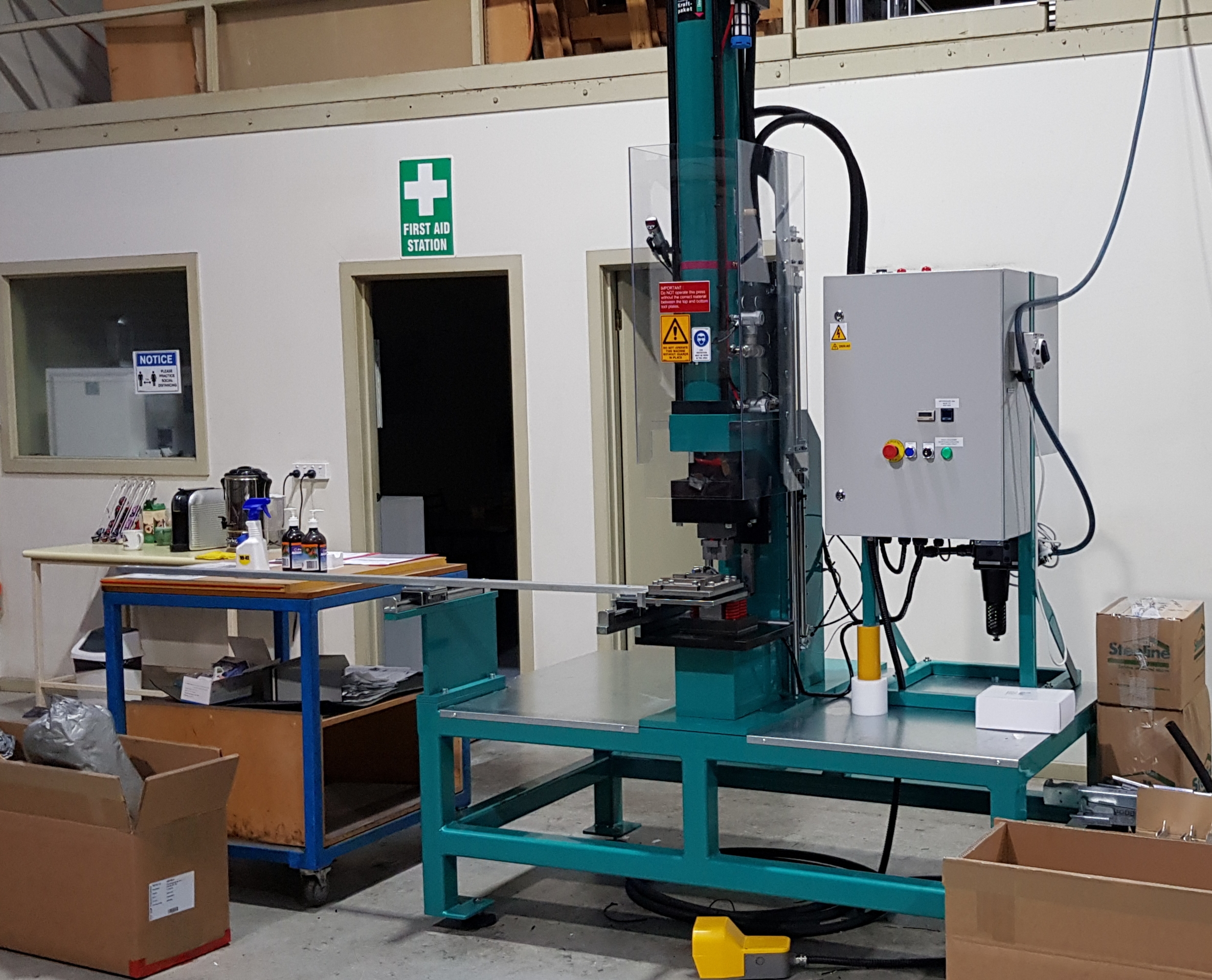
Semtool Engineering explores the significance of CNC machining for medical-grade components. Discover how CNC ensures precision and efficient production.
In the medical industry, where patient safety and treatment outcomes are paramount, the demand for precision-engineered components has never been higher. This is where the expertise of CNC machining shines, offering a versatile and reliable solution for manufacturing medical-grade parts and devices.
Precision and Accuracy
CNC (Computer Numerical Control) machining is renowned for its ability to produce components with exceptional precision and accuracy. This is particularly crucial in the medical field, where even the slightest deviation in specifications can have serious consequences.
CNC machines can achieve tight tolerances, ensuring that medical devices, implants, and surgical instruments fit perfectly and function as intended.
Material Flexibility
CNC machining is compatible with a wide range of materials commonly used in the medical industry, including:
• Stainless steel: Highly durable and corrosion-resistant, making it ideal for surgical instruments and implants.
• Titanium: Lightweight, strong, and biocompatible, making it a popular choice for orthopaedic implants.
• Aluminium: A versatile material used for various medical equipment and components.
• Engineering-grade plastics: Biocompatible and suitable for implants, prosthetics, and medical devices.
This material flexibility allows medical device manufacturers to select the most appropriate materials for their specific applications, ensuring optimal performance, safety, and patient comfort.
Rapid Prototyping and Production
CNC machining enables rapid prototyping and production, which is crucial in the fast-paced medical industry. With the ability to quickly translate digital designs into physical parts, medical professionals and engineers can iterate on designs, test prototypes, and bring new products to market faster. This agility is particularly valuable in emergencies or when responding to evolving medical needs.
Customisation and Personalisation
CNC machining’s precision and flexibility also allow for the creation of customised and personalised medical components. By utilising patient-specific data, such as 3D scans or MRI images, CNC-machined parts can be tailored to individual anatomies, improving comfort, functionality, and treatment outcomes.
Consistent Quality and Traceability
As the medical industry becomes increasingly firm in terms of regulatory compliance and quality standards, CNC machining plays a vital role in maintaining consistent, high-quality production. CNC machines can be programmed to ensure repeatable processes, with comprehensive documentation and traceability to meet the industry’s rigorous requirements.
Miniaturisation and Microfabrication
The future of medical technology is moving towards smaller, more intricate devices. CNC machining is well-equipped to handle the fabrication of these miniaturised and microfabricated medical components, enabling advancements in areas such as minimally invasive procedures, targeted drug delivery, and improved diagnostics.
Semtool Engineering: Your Partner in Medical-Grade CNC Machining
At Semtool Engineering, we possess extensive experience in CNC machining for the medical sector. Our team of qualified engineers and machinists understands the critical nature of this field and adheres to the most stringent quality standards. We offer a comprehensive service, from design assistance to material selection and final part production.
Whether you require intricate surgical instruments, complex prosthetic components, or specialised parts for medical machinery, Semtool Engineering is your trusted partner. Discuss your medical-grade CNC machining needs with us and ensure the success of your next medical innovation.